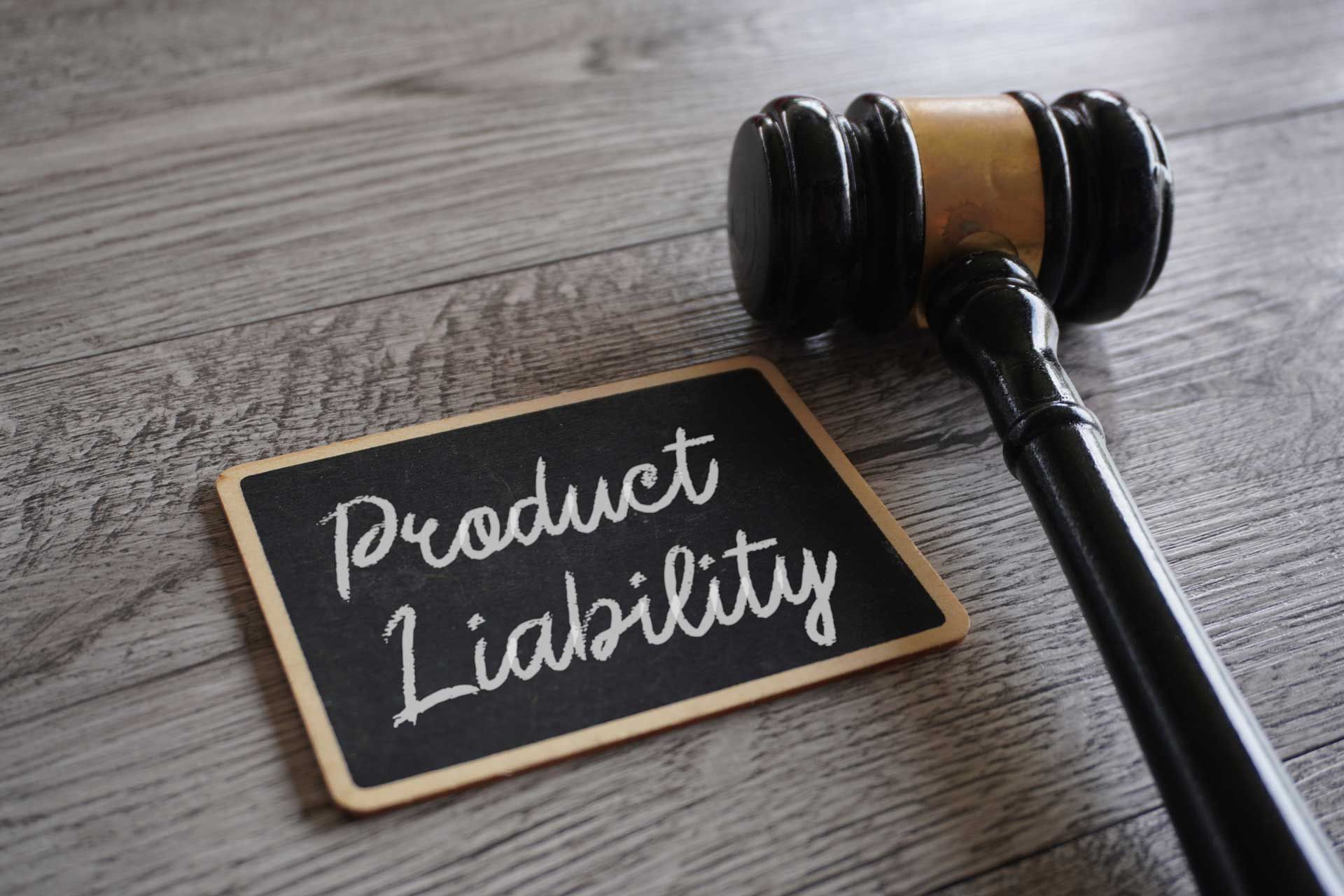What Class Actions Suits are Most Likely in 2022?
False Advertising Particularly Flavored Food
Flavored food lawsuits are on the rise, with class actions alleging that many vanilla-labeled items aren't genuinely flavored with vanilla beans or extract, but rather with other substances. The Ninth Circuit upheld the rejection of a putative consumer class action alleging that Trader Joe's mislabeled its store brand honey as "100% New Zealand Manuka Honey" when testing revealed that only 60% of the honey was produced from Manuka flower nectar. No. 19-16618 Moore v. Trader Joe's Co. (9th Cir. July 15, 2021). The importance of the "reasonable consumer" criterion and the context in which information is supplied to consumers in determining whether advertising is liable to mislead was emphasized by the court in reaching its ruling.
False advertising claims are now challenging undefined "Green" claims such as "sustainable," "eco-friendly," or "ethical and responsible." While litigation over "natural" and "non-GMO" products continues due to the FDA's unwillingness to provide guidance on the meaning of these terms, false advertising claims are also challenging undefined "Green" claims such as "sustainable," "eco-friendly," or "ethical and responsible." Both the FTC and the FDA have stated that regulating labeling, standards of identification, and advertising are priority priorities under the present administration. The FDA has been asked by the House Appropriations Committee to prioritize certain of these labeling and product requirements in order to help consumers comprehend them and, perhaps, give more clarity in litigation. Each year presents new legal horizons, and 2022 will be no exception.
Privacy Rights Under 'TransUnion v. Ramirez'
The United States Supreme Court's decision in TransUnion v. Ramirez may have dramatically weakened the effectiveness of various privacy regulations. The decision revisits the issue of standing and privacy harms under the FCRA, which was first raised in 2016 with Spokeo. In TransUnion, the Supreme Court considered whether members of a class can claim damages if they lack Article III standing. "No concrete harm, no standing," the court stated emphatically in its decision. "Every class member must have Article III standing in order to collect individual damages," says the court. When a matter goes to trial, the plaintiff's bar and class representatives will be obliged to prove a specific injury for each member of the class. The Supreme Court left the question of whether and how this ruling should be applied to class certification unresolved until 2022. Furthermore, federal standing laws have a habit of trickling down into state court judges' minds.
As a result, TransUnion may have ramifications beyond the federal government.
'Facebook v. Duguid' , Autodialing and Do Not Call or Text
The Supreme Court resolved a circuit split on the definition of an ATDS under the TCPA in April 2021. "Congress' definition of an autodialer requires that the equipment in question use a random or sequential number generator in all situations, whether storing or creating numbers to be called," the court said. In plain English, the ruling overturned precedent (including from the 9th Circuit) that had established liability for platforms that made calls or texted from a pre-generated list of phone numbers. Though some courts have allowed cases to proceed without pleadings, the trend at summary judgment now appears to favor defendants, and courts at both the district and circuit levels are expected to spend the next few years elaborating on and interpreting the Facebook decision.
While Facebook is great news for defendants facing (or potentially facing) ATDS claims, the TCPA is far from dead, and plaintiffs' lawyers will likely focus more on non-ATDS statutory claims, as well as claims based on claimed violations of analogous state laws, in 2022.
Web Content Accessibility Guidelines
The number of cases filed in state and federal courts against small and medium-sized enterprises whose websites are allegedly in violation of the ADA increased in 2021. Since the Department of Justice withdrew its support for the Web Content Accessibility Guidelines (WCAG) 2.0 in 2017, it has been unclear whether businesses are obligated to make their websites ADA compliant, and whether WCAG compliance is a mandatory component of compliance. Because of the lack of guidance, some courts have ruled that a company's website qualifies as a "place of public accommodation" under the ADA, even if the company does not have a physical location that offers a "nexus" to the website. Some courts are finally beginning to push back against the torrent of litigation. For example, the Eleventh Circuit ruled in Winn-Dixie in April 2021 that websites are not "places of public accommodation" under the ADA. In September 2021, the California Court of Appeals affirmed a jury verdict in favor of the defendant hotel management corporation in Omni Hotels Management, after the jury determined that the plaintiff lacked "bona fide intent" to use the defendant's services.
Without substantive participation from federal and state legislators and regulatory agencies, the trend of appellate courts deciding consequential decisions about the ADA and the Unruh Act in 2022 is almost certain to continue.
The biggest class action settlements that remain open going into 2022 are cataloged and listed here.
Conclusion
Courts across the country are expected to hear many new cases and address the implications of recent Supreme Court judgments on consumer class action litigation in 2022.
In 2022, businesses should keep tabs on new developments in the areas mentioned above, as new cases come to the courtroom. For assistance, in risk management, litigation planning, litigation support, investigations and/or research,
contact Landmark Legal Services or
schedule an appointment with one of our trained attorneys today.



